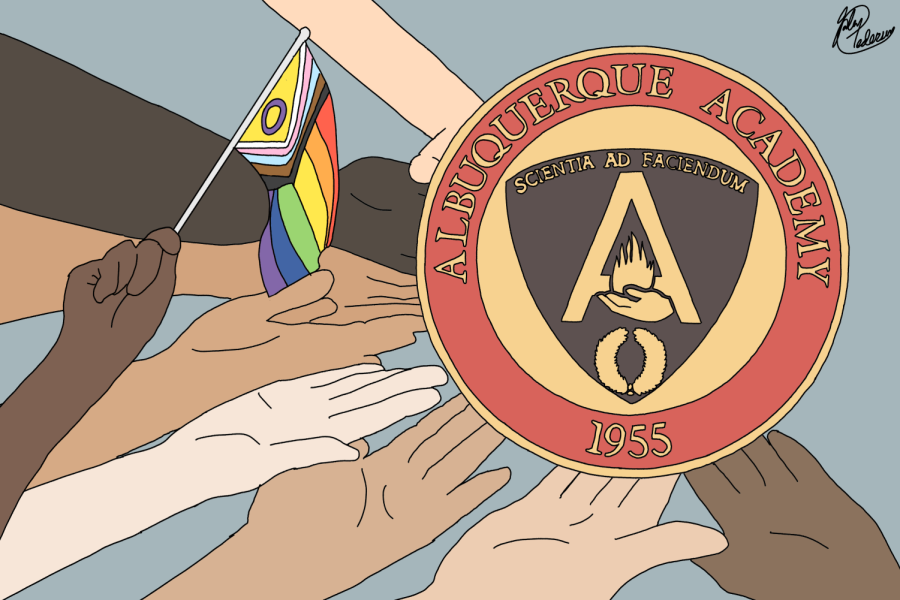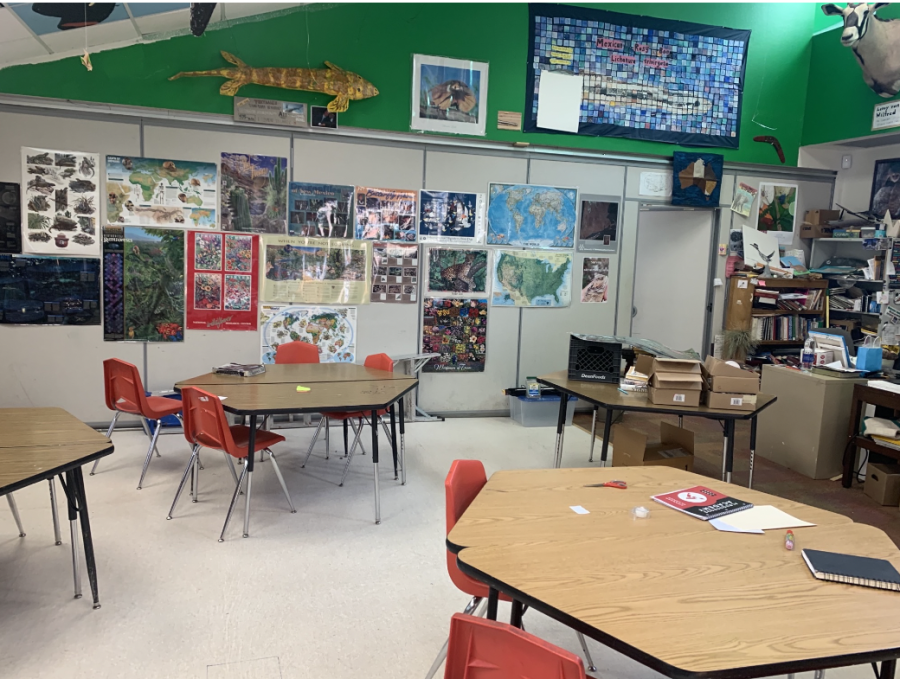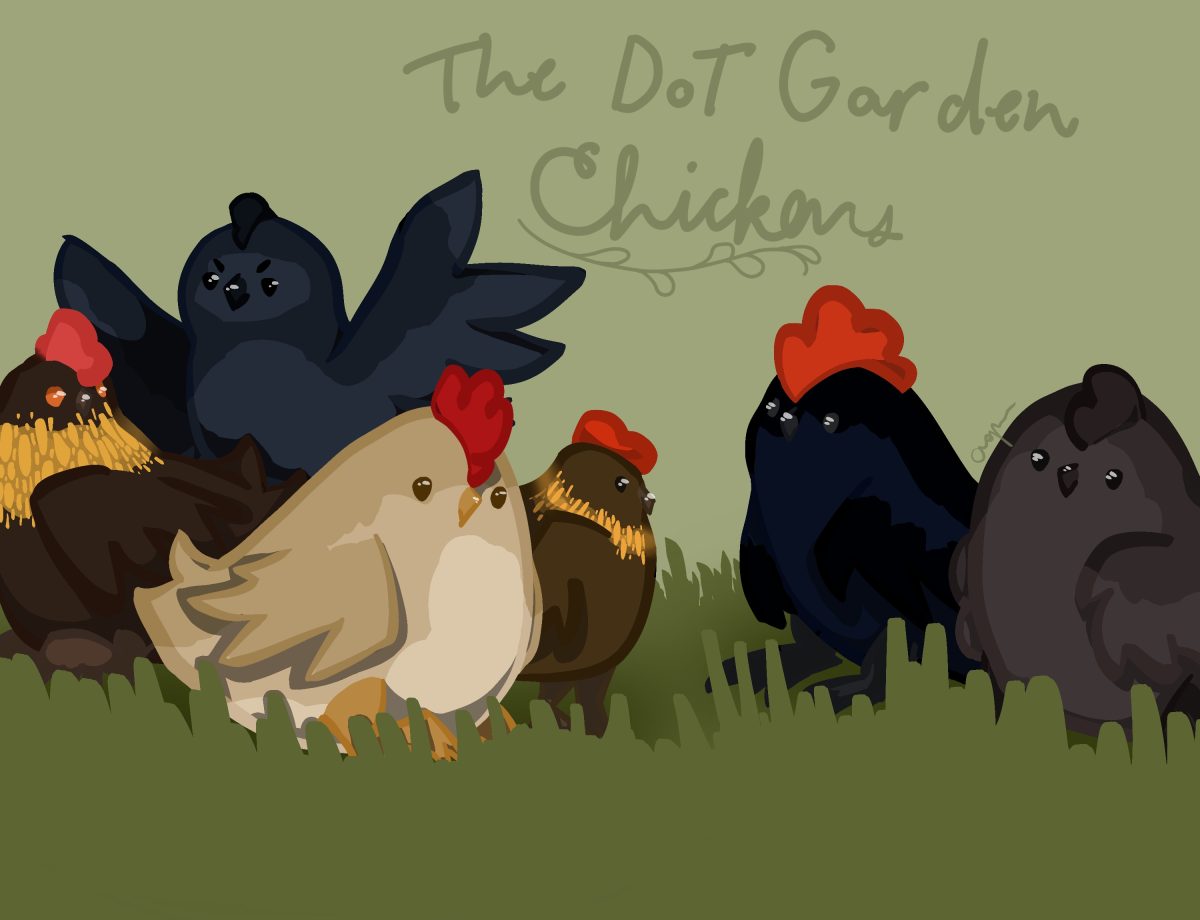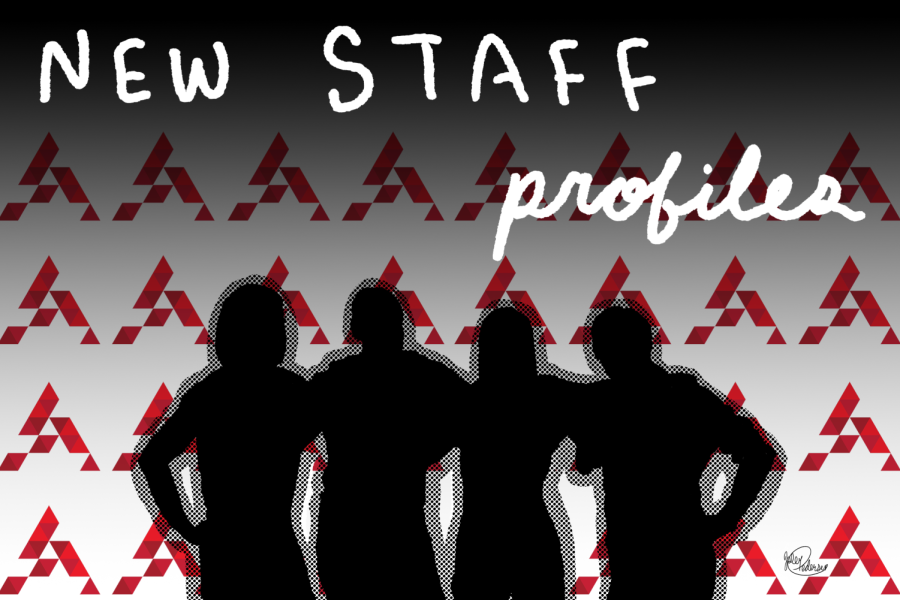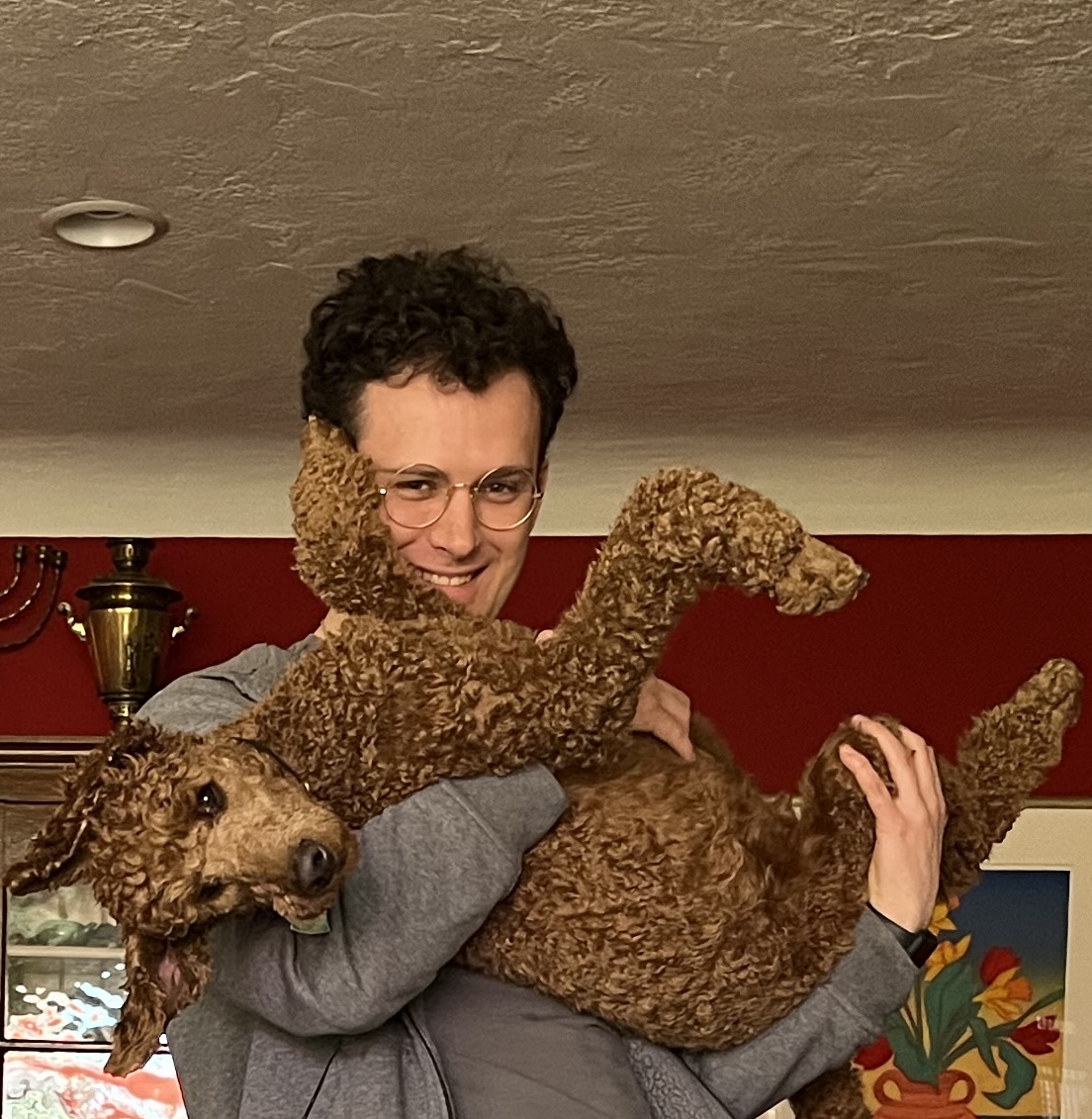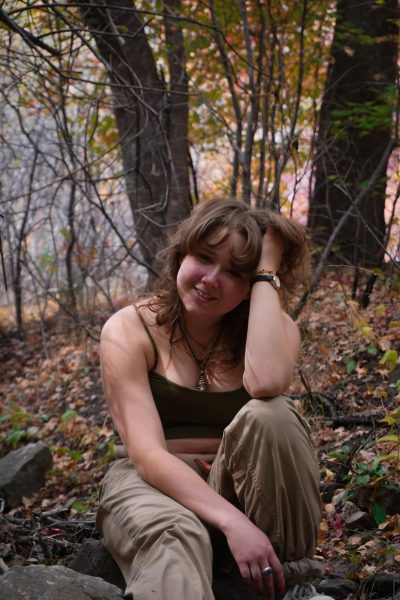The Academy’s community seems perfect, luring many students to its prestigious campus. We were no exception and saw the Academy as an opportunity for educational growth and freedom from discrimination. After experiencing some harsh realities as two Asian students, we are doubting our former thoughts. In reality, many students are subject to racism, sexism, and other forms of discrimination by their fellow peers. Although there could be many reasons for this behavior, most community members view this situation as an issue with students’ maturity and access to educational resources, especially in the 6-7 Division.
PART 1: The pandemic, social media, and “the pass”
Every time someone scrolls through social media, avoiding exposure to discrimination from people on the internet, including peers, is nearly impossible. Seventh-grade history teacher Dennis Fazio said, “Thinking is hard work, but parroting is simply copying others. People that are not very thoughtful post on social media, and they are watched by uninformed people.” Several teachers at the Academy believe that when kids act offensively or discriminatory, they are simply repeating information from online influencers that they came across while scrolling online as a means to achieve popularity and status. 8-9 Division Head Elizabeth Payne said, “I think people are more likely to be nasty to one another online… because they are able to hide behind a screen.”
The COVID-19 pandemic played a major role in discrimination becoming more prevalent in society. The virus forced us to refrain from personal contact with other people, which made social media use increase and social skills slowly decline. During this period of time, young students like us didn’t have much to do. This event led to a surging growth of electronic devices. We were glued to electronic devices, so we were looking at various online contents such as movies, news, and social media, even if they weren’t appropriate or truthful. When we came back to school, these comments, taken from social media, started to occur more often throughout our Albuquerque Academy community than they had before. 6-7 Division Head Chris Dineen said that the use of discriminatory language has “gotten better since then,” and that “people have sort of begun to recover from the pandemic, but it definitely had a negative impact.”
Students also sometimes engage in hurtful behavior due to the fact that they believe they have a “pass” as members of certain communities. This method of “fair” discrimination relies on language exchanged within some groups which are affected by a given insult or slur. “Fair” discrimination should not occur at school. The “N-word pass” is unfairly given out to people of African descent. Although the student who gives the pass may accept being insulted, they cannot speak for the entire group who is impacted by the insult. Peter Gloyd, director of Diversity, Equity, and Belonging, said, “[The N-word] shouldn’t be used on the campus.” When you’re at school with hundreds of people you should refrain from using the N-word. Again, one person can’t speak for the entire community no matter who they are.
PART 2: The school and the 6-7 division
Many 6/7 teachers recognize the presence of discrimination and lack of inclusivity in our school community. 7th grade dean Bonnie Arning stated, “Racism, sexism, and other forms of discrimination exist everywhere, so it would be naive to think that they do not exist at the Academy.” Mr. Dineen continued, “If students have spent their whole life around people that think or look or act or talk like them, and then they’re exposed to a new influence or a new student or a new class or a new idea, sometimes that can be scary. And that’s sometimes why people react with negative comments.” Choir teacher Edmund Connolly stated, “Just because someone looks different or identifies different from you doesn’t mean you have the right to make fun of them. They are just like you in some ways–you just need to see that.” You are not superior to someone just because you have a certain skin color, certain gender, or certain sexuality. You are equal to everyone here whether you like it or not.
Mr. Gloyd said, “I think most of the time, [someone’s comments or insults are] coming from a place… [that] isn’t necessarily to hurt anyone but where there’s maybe some ignorance or someone’s trying to be funny.” As a school that vows not to discriminate against anyone, it’s everyone’s job to make sure that everyone is doing the same thing. As quoted from Mr. Connolly, “A community relies on the participation of every individual.” We all have to play a role in this.
“The older students tend to have a clearer idea of their own identity and have their own priorities and opinions on things,” Mr. Connolly said, “whereas the younger students are still figuring that out.” It’s clear the older students have a much better understanding of this issue due to the maturity of their brains over time. It will likely be much more difficult to change the older students’ view on this since they’ve had time to develop their own opinions. 10-12 Division Head David Kim added, “[A]s young people, oftentimes students try out different personas and different characters… Those personas are sometimes really inappropriate, and it’s our job as a school actually to help them.”
To really start changing the community, we should focus primarily on the 6-7 division. What you do and learn at a young age influences your behavior for a long time, but in 6-7, the teachers and the lack of other school resources don’t make us aware enough of these issues. It isn’t that they’re not trying or not doing anything; it’s just that more can be done. Middle schoolers need to understand what diversity is, how it affects our world and community, and what they can do to help advance it.
Although there are various clubs and numerous resources available at Albuquerque Academy, we still lack clubs that create a sense of belonging in the middle school. Currently there are 30 clubs in the 6-7 division. However, there is only one diversity club, called the Sexuality and Gender Alliance (SAGA), and even this group was in doubt at the start of the year. When it did start, only one person went to the first meeting. This may make one assume there are barely any people who are a part of the LGBTQIA+ community. However, we beg to differ. There are plenty of people who are indeed a part of this community who want to go. The real reason is that students are scared of what other students will say and think of them, so they refrain from going. As quoted from an anonymous Academy student, “I don’t wanna go because I don’t want to be made fun of.” Needless to say, having clubs that excite students and teach them to value differences in culture, identity, and ethnicity could certainly help a growing community.
In 6-7, we can start to make changes for the future. This group of students is the main priority as they are newest to the Academy community. It’s our job to teach, not just in terms of academics, but also with how to think for ourselves. Grades and sports don’t matter if students don’t have good values and an inclusive community where students feel secure. It’s time we start to change.


